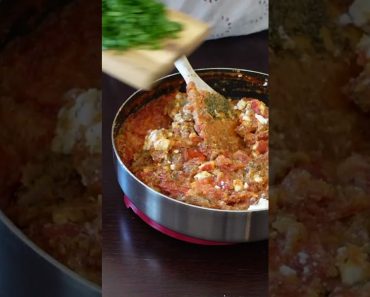
Greece is ramping up its efforts to secure vital exemptions for key products the nation exports to the US, following a new EU-US tariff agreement. While the EU-US deal came as a relief to those fearing a full-blown trade war, officials in Athens are focused on a very specific, very Greek problem: removing the 15% tariff agreed by Brussels from the country’s most important food exports – olive oil, feta, yoghurt, wine and olives.
This might sound like a small issue in the overall global trade arrangements, but it certainly is not a small issue for Greece. The agreement between Brussels and Washington DC imposes a baseline 15% tariff on a wide range of European goods without any retaliatory tariffs imposed by Europe on US products.
This sounds like a win, compared to the 35% that Canada got from the Trump administration, but for Greece, which has a fragile trade surplus with the United States, it is a direct threat.
Last year, for instance, Greek exports to the US were €2.4 billion, while imports stood at €2.16 billion. It is a positive balance for Athens, yes, but one that the government is now determined to preserve at all costs, as it is crucial for the future of the Greek economy.
Greece’s Minister of National Economy and Finance Kyriakos Pierrakakis has already called the agreement a success for preventing a “trade war with chain reactions” and for ensuring “transatlantic unity”, yet he has not been shy about voicing his country’s reservations. Addressing the Greek parliament on July 28th, Pierrakakis stated that “Greece would have liked a lower tariff rate, ideally zero,” adding that “The 15% is indeed lower than the initial plan, but it still weighs heavily on our producers.”
What is Greece doing to avoid tariffs?
Greece is pulling on a few different levers to try and influence Brussels, but also look for other potential buyers around the world. Firstly, it is lobbying hard within the EU for special exemptions, especially for its prized Protected Designation of Origin (PDO) products, with the most famous and popular one being the feta cheese. But at the same time, the government is also proactively looking for new export markets, with India and the Middle East identified as key alternative destinations for Greece.
This strategic diversification is a late yet important acknowledgement that Greece cannot simply rely on negotiations in Brussels, where every member state will inevitably prioritise its own national champions—the French with their champagne, the Italians with their pasta and cheese, or the Germans with their cars.
Pierrakakis also criticised recently Europe’s own internal trade barriers, which he says function just like tariffs. He pointed out that these obstacles can reach as high as 45% in manufacturing and a staggering 110% in services, calling for their urgent removal to finally create a truly unified European market.
Greece really exposed in tariff dangers
In a report published on July 15, Swiss financial firm UBS assessed the potential impact of Donald Trump’s proposed 30% tariffs—that was before the agreed 15%—on Emerging Europe economies. The analysis ranks Greece fourth among the most exposed emerging markets in the EMEA (Europe, Middle East, and Africa) region, only behind Hungary, the Czech Republic and Poland.
Hungary is seen as the most vulnerable due to its strong industrial export base and deep U.S. trade ties, while the Czech Republic and Poland face major risks because of their roles in global supply chains and exports of machinery. Greece’s exposure is largely from its concentrated export profile, notably in agricultural goods like canned peaches and olive oil, as well as pharmaceuticals and chemicals.
UBS classifies Hungary, Greece and the UAE in Group B, with 60–75% of their U.S.-bound exports affected, while the Czech Republic, Poland and Turkey fall into Group A, with around 90% of their exports targeted by the new tariffs.







